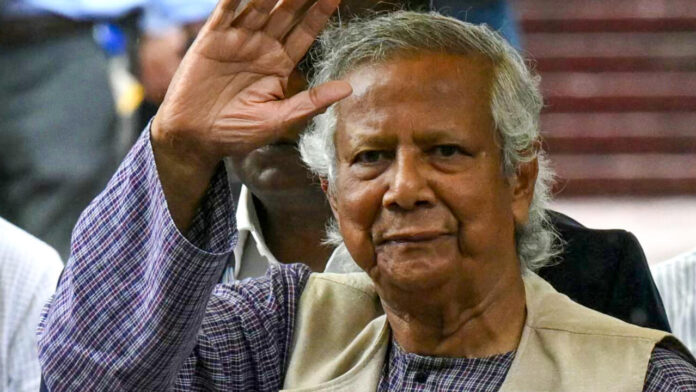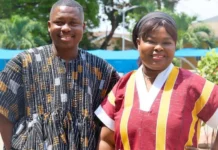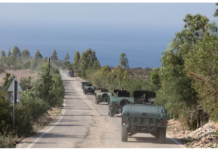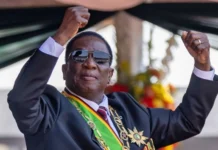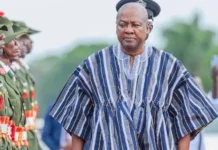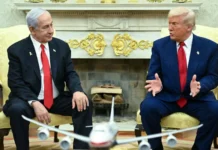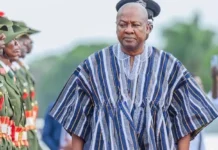Bangladesh’s interim leader and Nobel Peace Prize laureate Muhammad Yunus is set to hold crucial talks with the country’s most influential political parties on Saturday evening, as tensions mount over the stalled democratic transition.
Yunus, 84, has led the caretaker government since a mass student-led uprising ousted former Prime Minister Sheikh Hasina in August 2024. Tasked with overseeing the return to democratic rule, Yunus now faces increasing pressure from rival factions demanding swift elections and policy changes.
His press secretary, Shafiqul Alam, confirmed that Yunus will meet with senior leaders of the Bangladesh Nationalist Party (BNP), widely considered frontrunners in upcoming elections, and Jamaat-e-Islami, the country’s largest Islamist party.
“He is meeting BNP and Jamaat leaders this evening,” Alam told AFP.
The high-stakes dialogue comes just days after Yunus reportedly threatened to resign unless political factions backed his efforts to stabilize the nation and prepare for elections, tentatively expected by December.
The South Asian country of 170 million has been in political flux since Hasina’s departure. Protests have surged in the capital, Dhaka, this week as rival parties voice competing demands. On Wednesday, the BNP organized large-scale demonstrations for the first time against the interim government, urging Yunus to immediately announce an election date.
“Our senior members will be there for the talks,” confirmed BNP media official Shairul Kabir Khan. Jamaat-e-Islami spokesperson Ataur Rahman Sarkar also acknowledged the party’s participation in the meeting.
Yunus, internationally renowned for pioneering microfinance, returned from exile last year after being urged by protesters to lead the transition. He has pledged to carry out critical democratic reforms before handing over power to an elected government.
However, political discord remains rife. While BNP demands electoral clarity, Jamaat loyalists have staged protests calling for the dissolution of the national women’s commission, which advocates for gender equality.
With opposition demands growing louder and Yunus’s patience wearing thin, Saturday’s meetings are seen as a pivotal moment in Bangladesh’s troubled path back to democracy.
Written By Rodney Mbua









